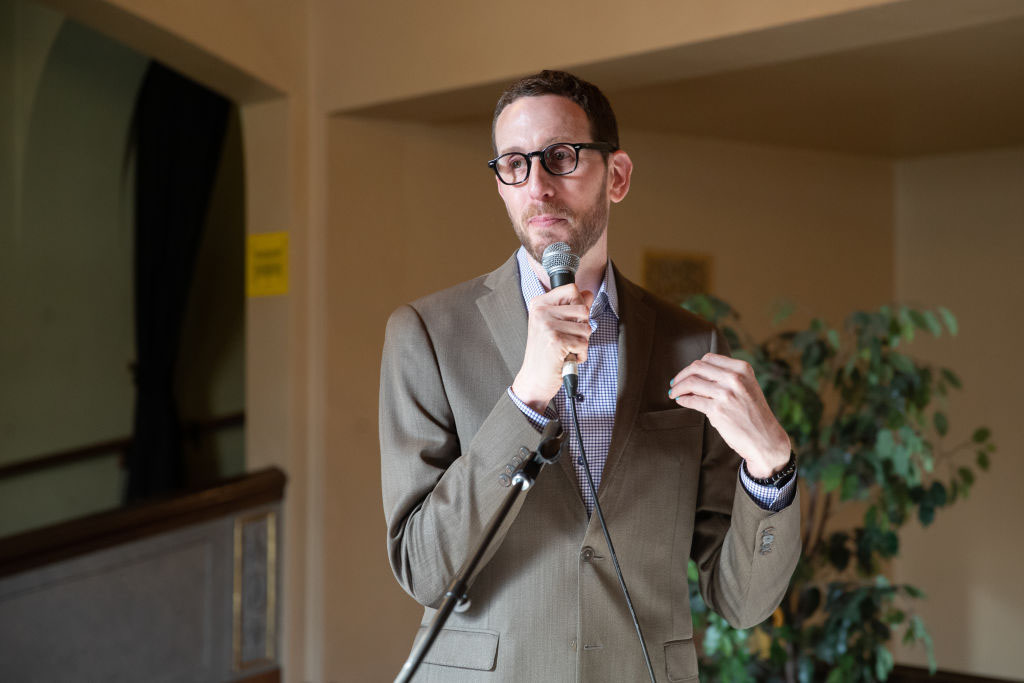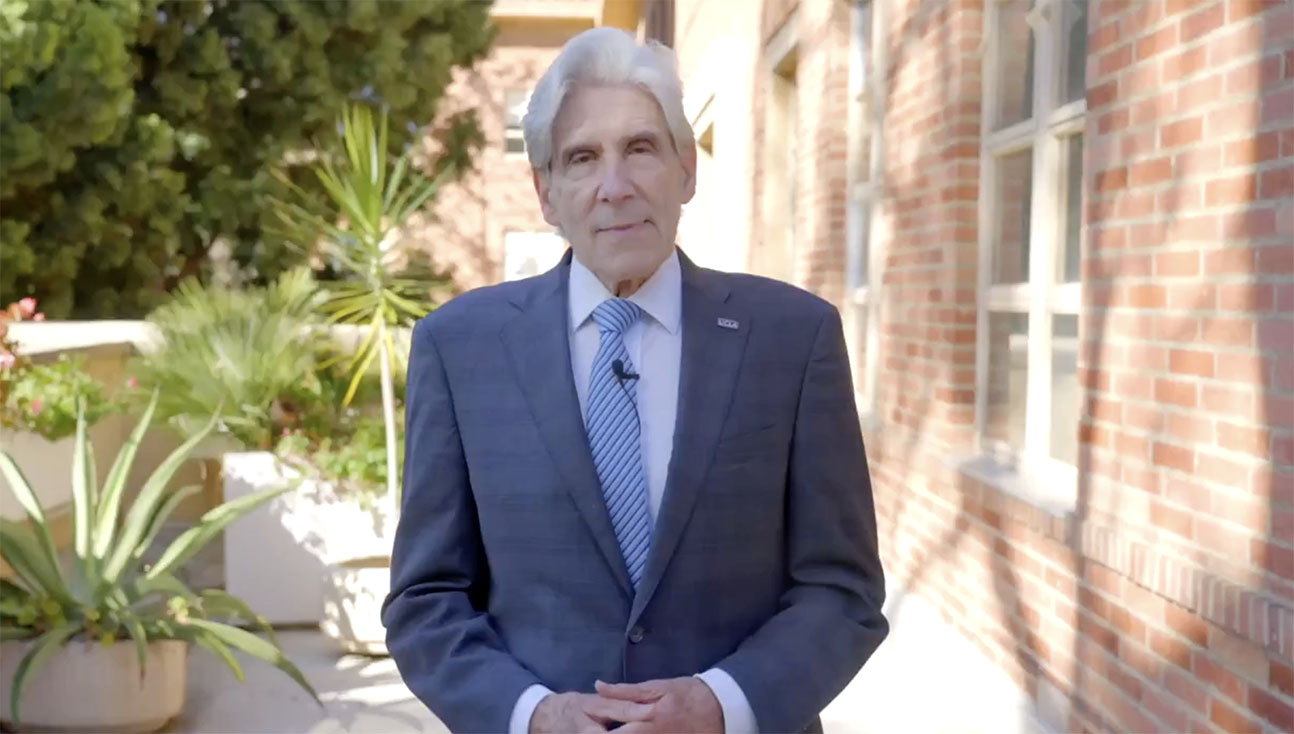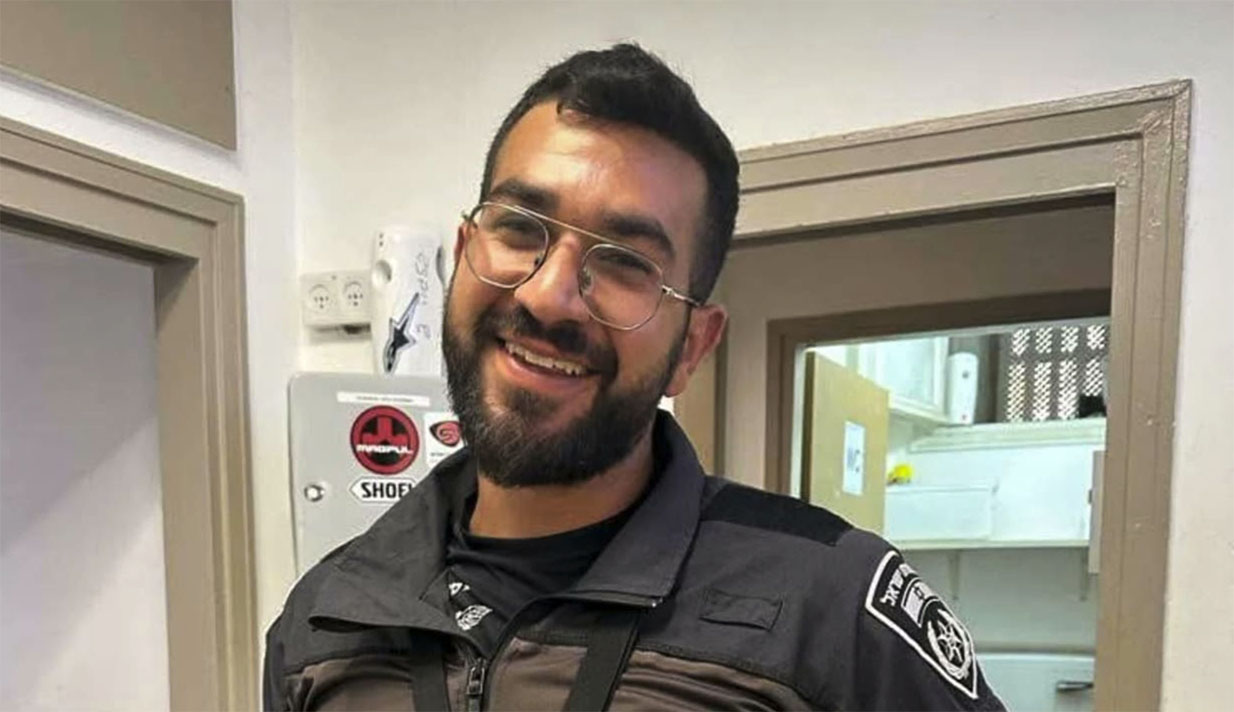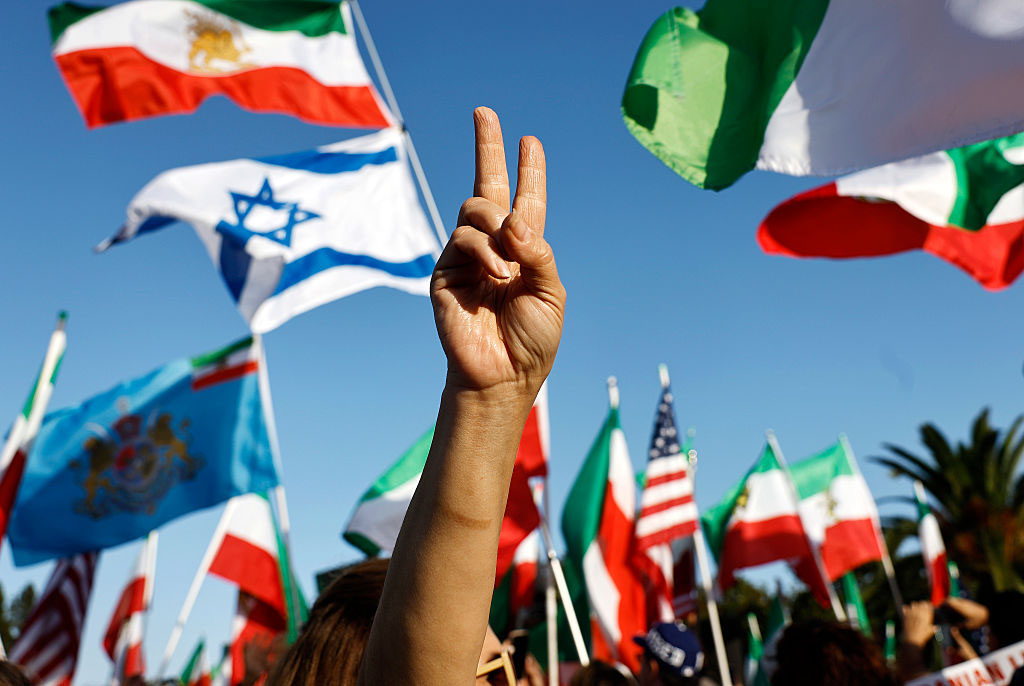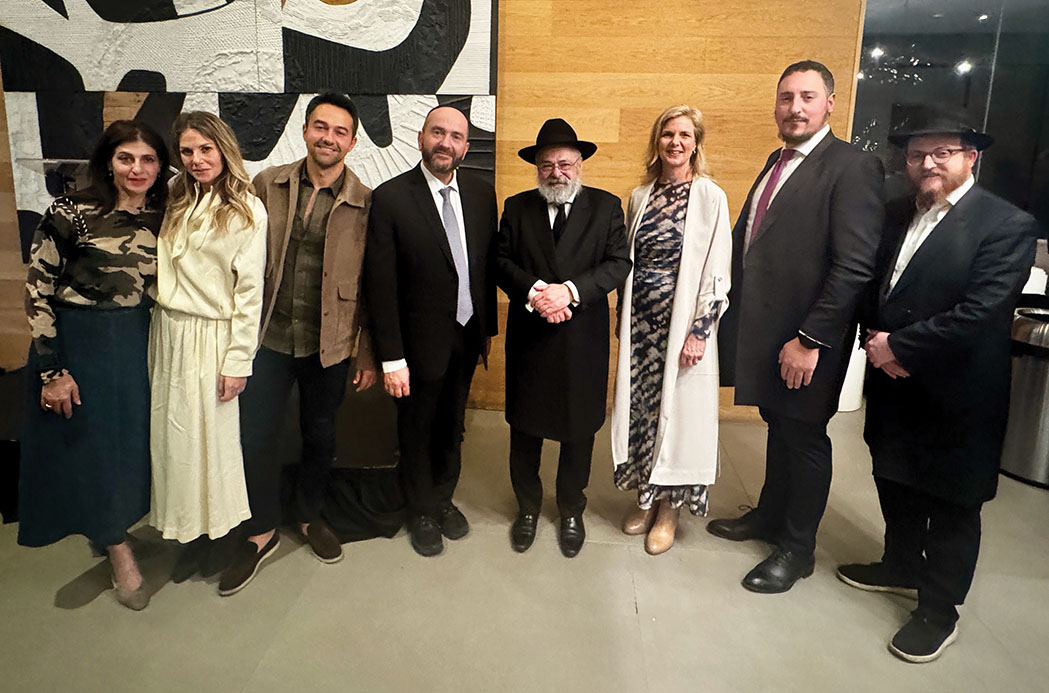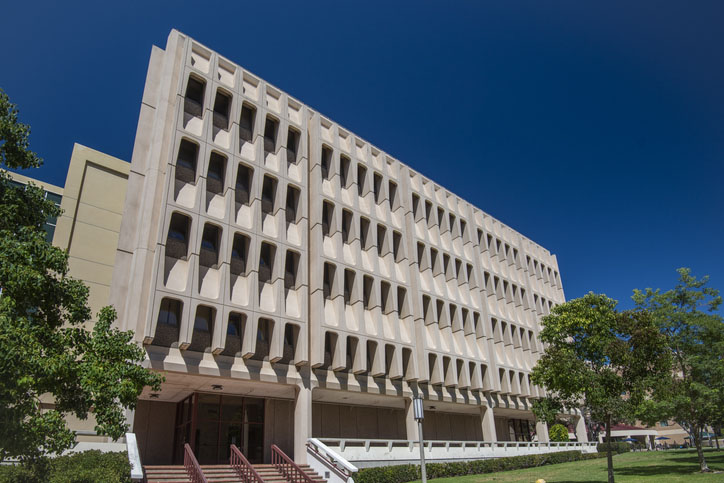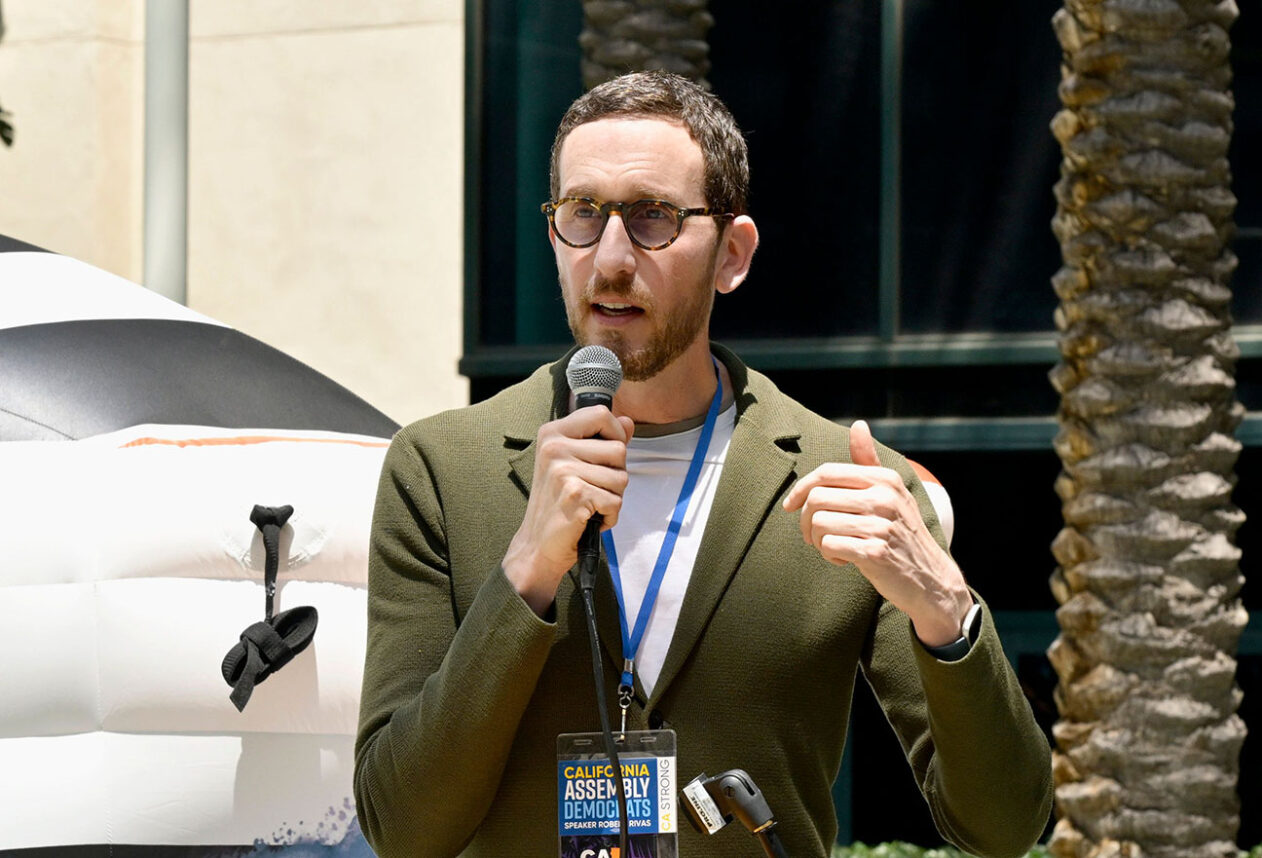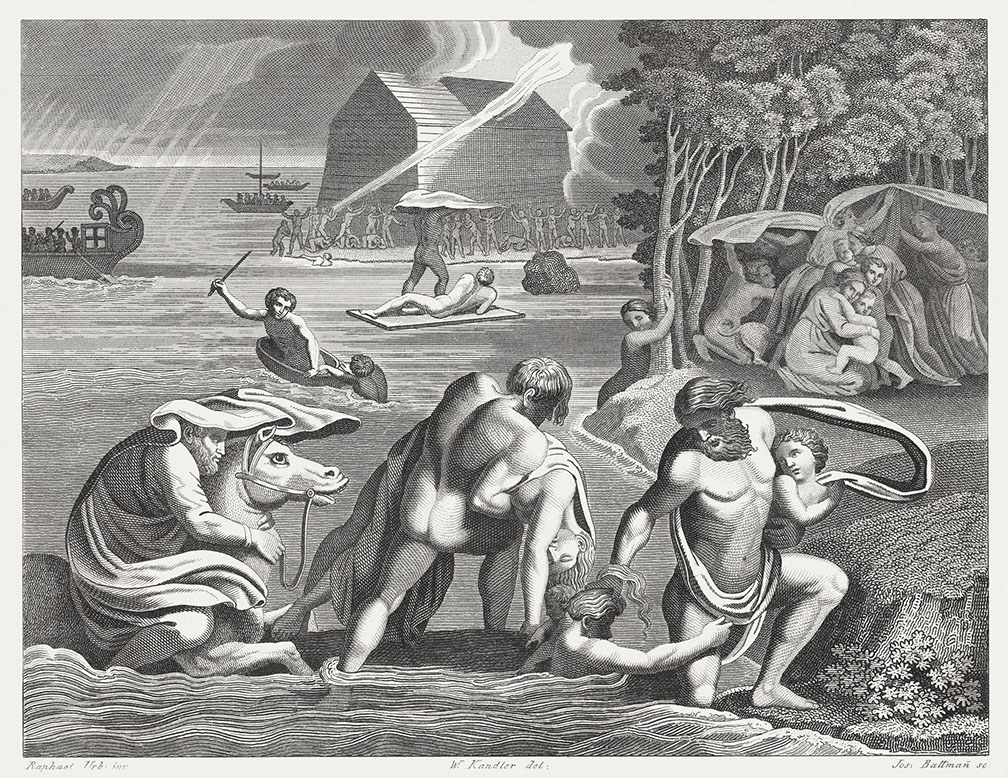
Every five years, on the eve of his internet startup becoming a “Unicorn” company, entrepreneur Mahbod Moghadam gets a brain tumor.
His first website, Genius.com (formerly “Rap Genius”), interprets the meaning of song lyrics. Moghadam got a benign brain tumor which required surgery in 2013, months after legendary internet investor Ben Horowitz invested $15 million dollars into his brainchild.
Moghadam received brain surgery three weeks ago – months after his second company, Everipedia, raised $30 million dollars from Wall Street titan Michael Novogratz’ Galaxy Digital Fund.
“The second tumor was a big wake up call,” Moghadam said. “With my first tumor, I always knew that I was still weak and frail. This was a tremor that hung over my brain since I was born – two weeks ago, a cloud was finally lifted from my mind.”
Moghadam is angered and says that his professional obligations at Rap Genius caused a disorder after his first brain surgery – his work didn’t allow him to properly heal.
“I was obligated to go to Kanye West’s engagement party three weeks after my 2013 brain surgery. I was on “Keeping Up WIth The Kardashians.” The cameraman had to avoid me because I had an extra-swollen right side of my skull.”
Rap Genius is widely-considered a “unicorn” company – worth a private valuation of a billion dollars. The “Behind the Lyrics” feature is integrated with many of Spotify’s songs, giving selections of the song lyrics’ meaning.
“Rap Genius is famous, but it’s a failure to me”, says Moghadam. “At some point, the site’s mission was to move beyond song lyrics and to interpret all of text – the Torah, everything.”
“I had a second brain tumor two weeks ago, and now I realize: Everipedia will succeed. It will not just be a unicorn – Everipedia will be a trillion dollar company.”
Everipedia is the newer, more inclusive version of Wikipedia. Moghadam was inspired to build the company because he was unable to get a Wikipedia page about his life – although he actually got one a month ago.
Last year, Everipedia raised $30 million dollars in order to build the “cryptocurrency Wikipedia” – where contributors are rewarded based on tokens called “IQ”. However, the brain tumor has inspired Moghadam to think bigger. “Everipedia is going to be the “Facebook of crypto” – it will be a trillion dollar company,” he said. “Knowledge projects like Wikipedia and social networks like Facebook aren’t so different – both sites can now use cryptocurrency to incentivize people sharing information with others.”

Everipedia was inspired by his first website, Genius. “The Everipedia President Sam Kazemian was a senior at UCLA when he met me in 2015. He was basically thinking – why is there this awesome “Wikipedia of Rap Lyrics,” but just a plain old Wikipedia website from 2001?” The two raised a seed investment in 2015 and brought their company to fruition.
Since his brain surgery, Everipedia has moved from a Westwood location into a new office in Santa Monica, a block away from the beach. “It was kind of weird, it was like a movie – the same day I had brain surgery, we moved into our new office, after staying at three years by UCLA, where the company got started in 2015.”
Moghadam says his brain tumor has given a renewed vigor to his community building efforts. “I think this is going to be the ‘Facebook of Cryptocurrency’ – our President Sam Kazemian is known as the ‘Persian Zuck’ – he’s going to make the internet better by giving everyone a cryptocurrency stake.”
Moghadam believes in God and says his two brain tumors give his companies their Jewish, philosophical roots. “Sam (Kazemian) is actually one-sixteenth Jewish and 15/16ths Muslim – he is a special Persian breed. I think knowledge projects and social networks are a lot like the Talmud – we are all using the internet to make people smarter.”













